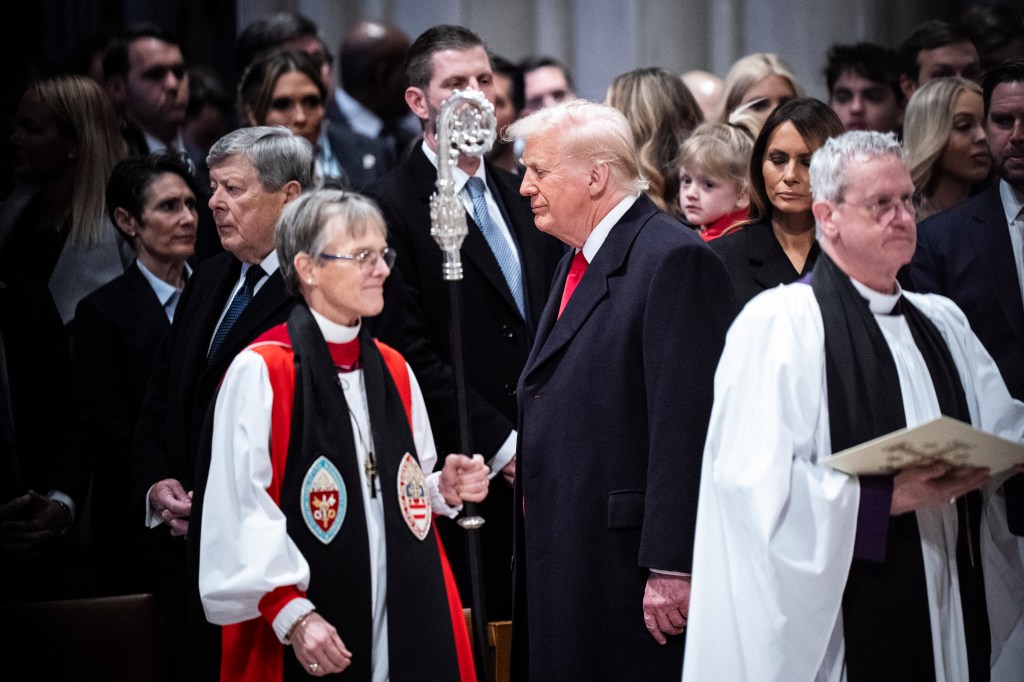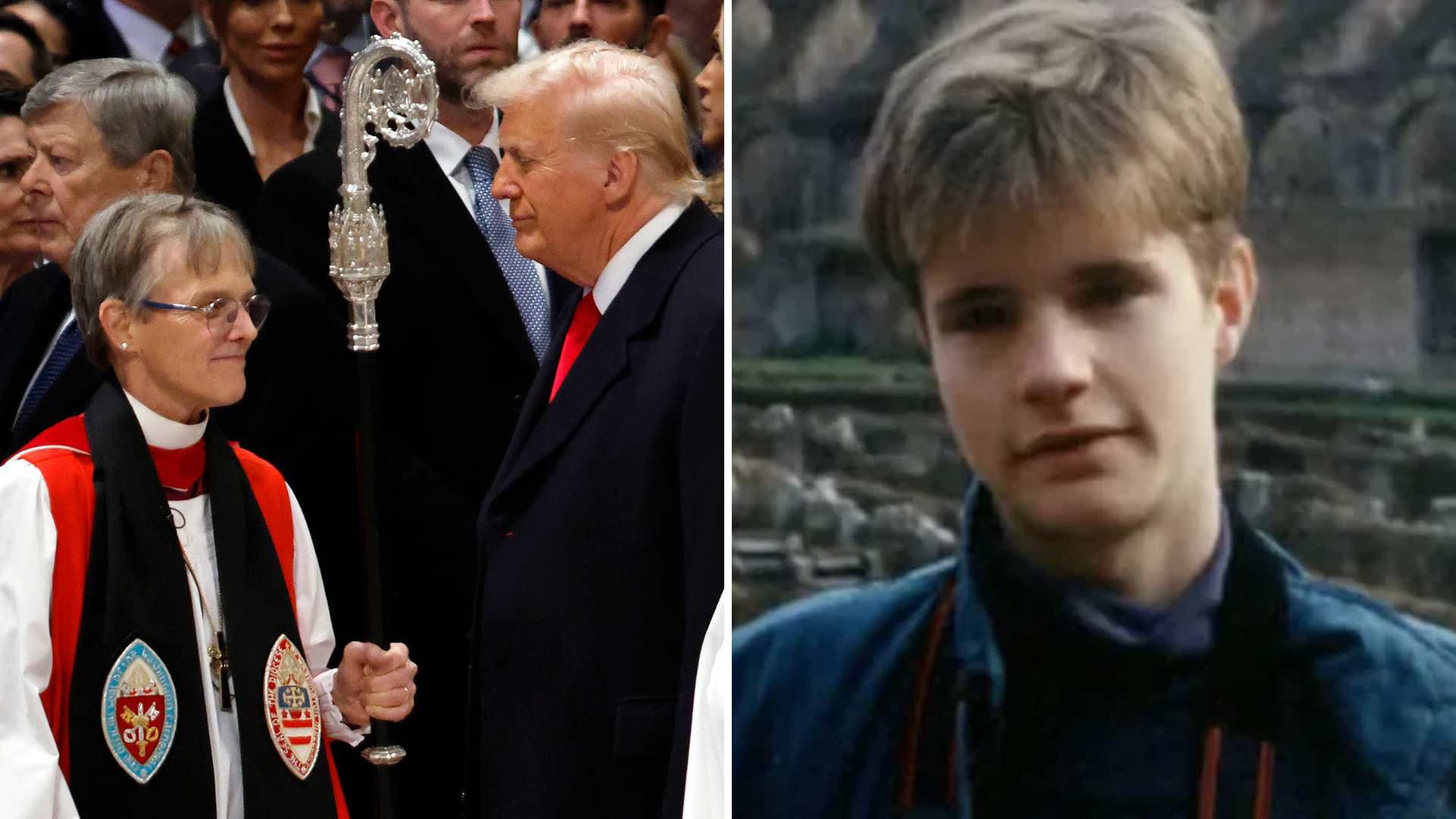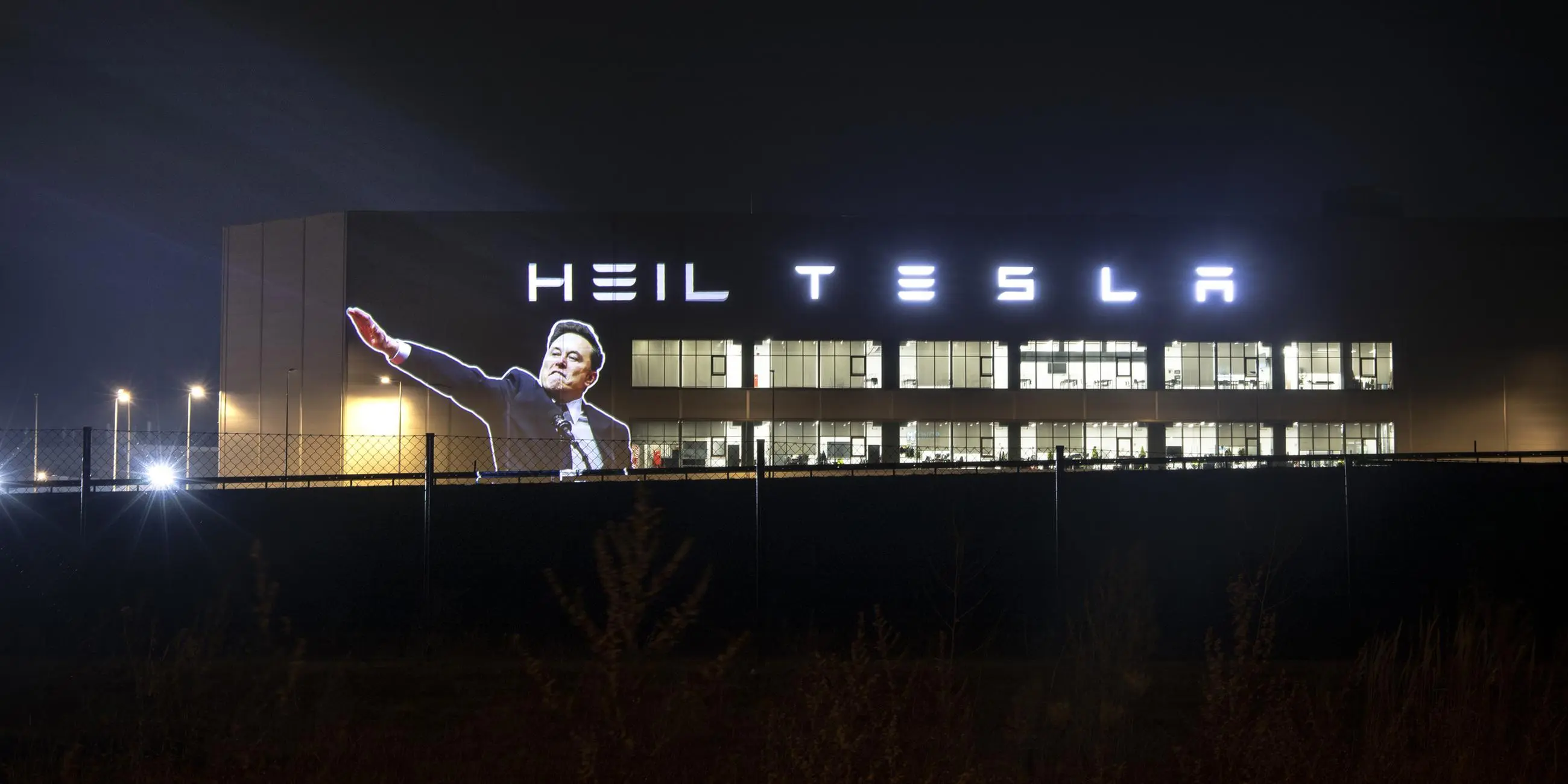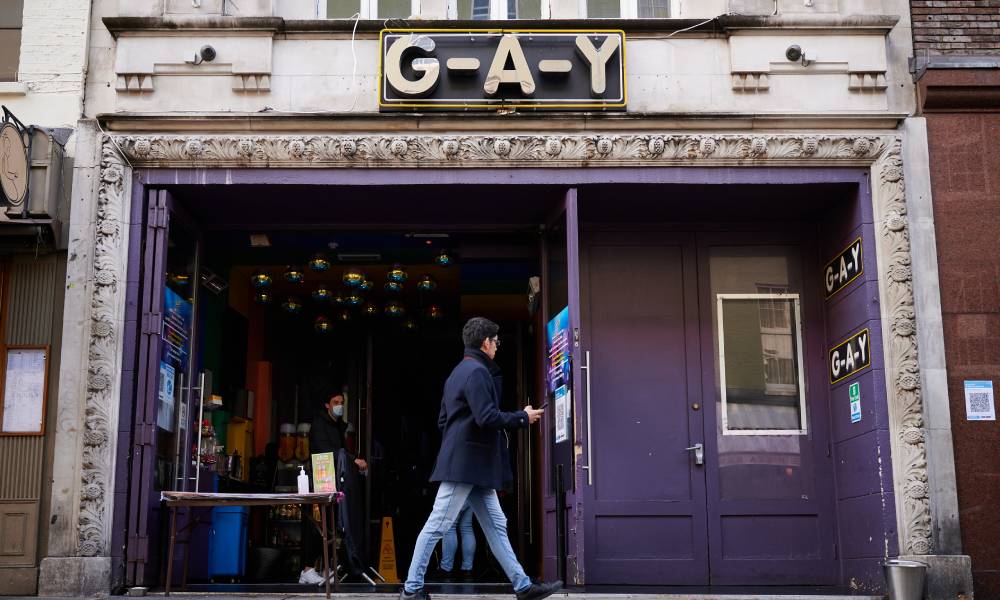Bishop Budde interred gay hate crime victim Matthew Shepard

Bishop Mariann Edgar Budde (L) helped lay hate crime victim Matthew Shepard to rest (Chip Somodevilla/Getty Images/Investigation Discovery)
It turns out Bishop Mariann Edgar Budde – who begged Donald Trump to show mercy to LGBTQ+ children and immigrants during a powerful sermon this week – was the bishop who interred the ashes of hate crime victim Matthew Shepard, 20 years after his death.
On Tuesday (21 January), during Trump’s inaugural prayer service at the Washington National Cathedral, Bishop Budde pleaded with the Republican leader to show mercy to “scared” minority groups.
“In the name of our God, I ask you to have mercy upon the people in our country who are scared now,” Budde said.
“They are gay, lesbian, and transgender children in Democratic, Republican, and independent families, some who fear for their lives.”
She added those the Trump administration are seeking to deport “may not be citizens or have the proper documentation, but the vast majority of immigrants are not criminals. They pay taxes and are good neighbours. They are faithful members of our churches and mosques, synagogues, gurdwaras and temples.”
The previous day, following his inauguration, Trump had signed a raft of anti-LGBTQ+ and anti-immigration executive orders, including declaring the official policy of the United States is that there are “two genders”.
Bishop Budde has since opened up about the backlash she faced following her sermon, which MAGA supporters described on social media as “left wing anti Trump dogma” and “anti-Trump propaganda.”

Unsurprisingly, the 47th president criticised Budde and described her as “nasty”, a “Radical Left hard line Trump hater” and “not very good at her job”. She subsequently received death threats from his supporters.
Following the widespread press attention Budde has received for her brave words, many people have realised she was the bishop who interred the ashes of Matthew Shepard, a 21-year-old college student who was murdered in an anti-gay hate crime that shocked America and eventually lead to hate crime laws being changed to include sexual orientation.
Shepard, a student at the University of Wyoming, was murdered by Aaron McKinney and Russell Henderson, who he met in a dive bar in the city of Laramie on 6 October, 1998.
The pair offered him a ride home but instead drove to a remote area where they robbed, pistol-whipped, and tortured him, tying him to a fence and leaving him for dead in the freezing cold.
He was found 18 hours later by a passing cyclist who initially believed he was a scarecrow. He died six days later in hospital.

Following Shepard’s funeral, which was picketed by members of the Westboro Baptist Church with vile homophobic slogans, his parents Dennis and Judy were reluctant to choose a final resting place for their son as they were worried it would be desecrated by anti-gay bigots.
In 2018, 20 years after Shepard was killed, he was interred at Washington National Cathedral, with the service overseen by Budde. It took place after Shepard’s mother reached out to the cathedral to ask about the possibility of interring her son’s ashes there.
The cathedral is also the resting place of blind and deaf advocate Helen Keller and former US president Woodrow Wilson.
“His death was a wound on our nation,” Bishop Budde told The New York Times at the time. “We are doing our part to bring light out of that darkness and healing to those who have been so often hurt, and sometimes hurt in the name of the church.”
“It’s a place where there’s an actual chance for others to sit and reflect about Matthew, and about themselves, and about their friends,” Shepard’s father Dennis said of the cathedral.
Following, Trump’s criticism of her sermon, Budde has vowed not to apologise to the president.
Speaking to TIME, Budde said has “heard from many people who are grateful that someone was willing to speak on their behalf”, but has also received death threats from others.
“I am not going to apologize for asking for mercy for others,” she said defiantly.
When asked about the threats that have been sent to her and if she feels in danger, Budde replied “the real people who are in danger” are that are “fearful of being deported” and those “young people who feel they cannot be themselves and be safe and who are prone to all kinds of both external attacks and suicidal responses to them.”
“So I think we should keep our eyes on the people who are really vulnerable in our society. I have a lot of support and a lot of safety around me, so no, I’m not feeling personally at risk,” she added.
How did this story make you feel?
Sending reaction…
Thanks for your feedback!







